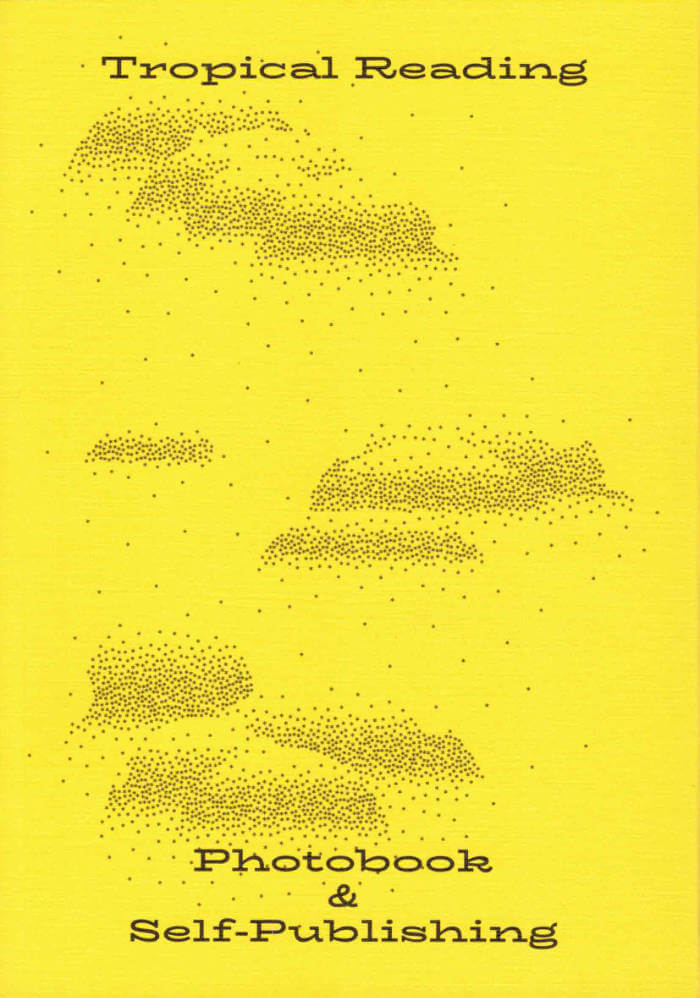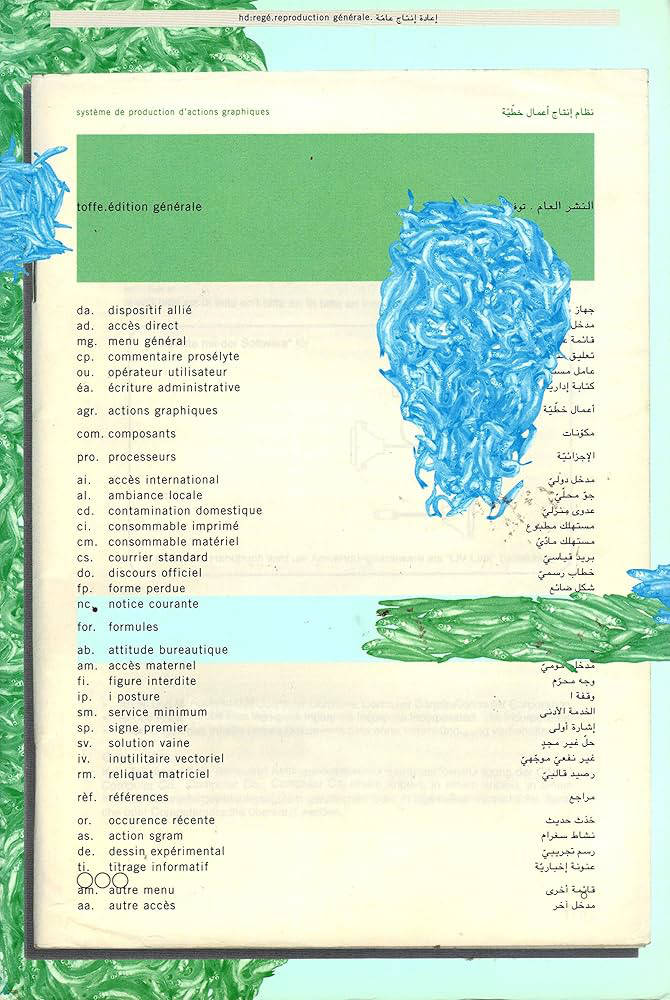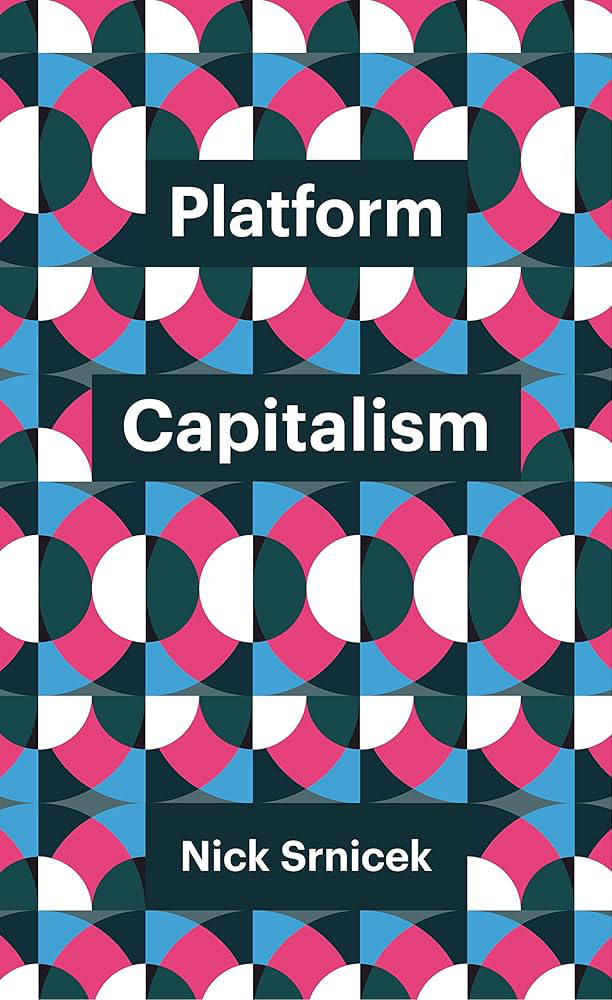
Tropical Reading - Photobook and Self-Publishing
Tropical Reading: Photobook and Self-Publishing illustrates the photography practitioners and artist collectives from each city in Southeast Asia, examining why they chose to get into self-publishing. It explores how independent art bookstores came to be the social parlours of the self-publishing crowd. Furthermore, observes how the outsider artists, archives and arts initiatives of Southeast Asia came to shape the face of photography and self-publishing in their respective cities.
The index is a compilation of our project field research, condensing the profiles of all the interviewees – from people to bookstores to organisations – to make a kind of alternative Yellow Pages for the Southeast Asian art scene.
Comes with pink, green and yellow covers. Colour covers supplied randomly.
Language: English




